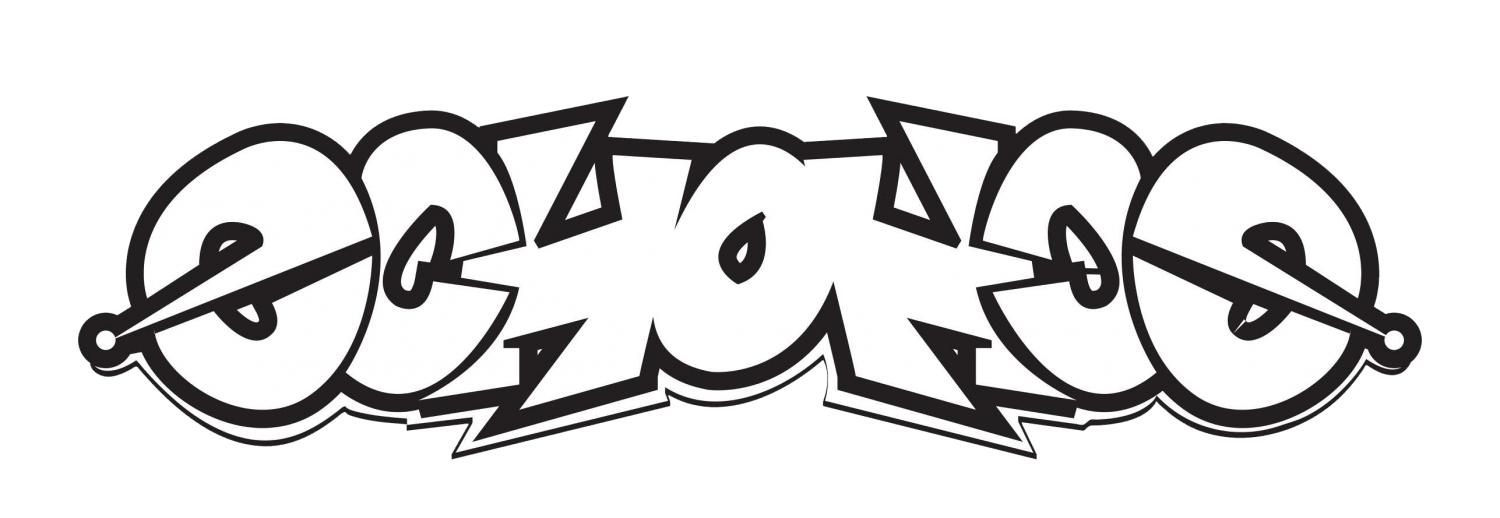As you know I have been struggling with a post I am trying to write about parents and kids, feeding and weight. I have SO much to say on the topic that it will end up being several posts!
I also want to do a post about loved ones who need to make changes to their health or diet, but refuse, leaving us shaking in frustration.
What I think these topics have in common is an understanding of the psychology of change. The following is based on the book Changing for Good by James Prochaska, PhD and is the basis I use when evaluating a new client or dealing with a client who proves to be resistant to change despite having hired me to help her do just that.
As you see in the above figure, in order to make behavior changes, most people go through at least 5 distinct stages. We move in a spiral pattern upwards through the stages, but I would add that there can be, and usually is, some back-sliding between stages.
Below is an explanation of each stage in detail. See if you can identify where you yourself currently sit in relation to some behavior you are wishing to change:
Stage One: Pre-Contemplation
In this stage, you are not aware or deny there is a problem at all. You blame circumstances beyond your control.
“My doctor says I need to lower my cholesterol but I can’t help my love of fatty foods. I’ll be fine. “
“I can’t lose weight because of my wife’s cooking.”
“I can’t cook these new foods because my family will reject them and starve.”
“I can’t manage this life stress without chocolate.”
“Its better to be fat and happy than skinny and starving all the time!”
Stage One Action Step: Fact-finding and reflection to gain awareness and ownership of the problem. Focus on the facts of your situation and become aware of the benefits of this behavior. Yes, I said benefits of the behavior! You wouldn’t be engaging in harmful behavior if it weren’t serving some very good purpose for you! Make a list of pros and cons for behavior change. If the pros don’t significantly out-weigh the cons, you are not ready to move on.
Stage Two: Contemplation
You have declared your intention to change but just don’t feel ready to take immediate action. Maybe you take a few steps towards your goal but then get knocked off course and wonder where your motivation went. Frustrating!
Stage Two Action Step: Jumping into full action while still in this stage can result in failure – that two steps forward, to steps back dance, or quitting altogether. To successfully complete this stage, make sure you fully understand the health risks you face. One important process used by successful changers is to get emotionally aroused by the problem. Try to imagine what your life will be like in 5, 10, 15 years if you do NOT make changes. This is also a stage to ask for support (hello health coach!) and to continue to do the pro and con list.
Stage Three: Preparation
It’s still not pedal to the metal time! Jumping into action too early can backfire as yo-yo weight loss/gain, drug or smoking relapses. In this stage you move from self-criticism to future vision. Motivation begins to switch from “away from” to “towards” motivators. (“Away from” motivators are the things you are running away from ie: diabetes, divorce, lung cancer, low self-esteem. “Towards” motivators are the things you are moving towards with excitement: new clothes, being cancer free, getting off medication, feeling great about yourself.)
Stage Three Action Step: You start making small positive changes slowly and gently (baby steps as they are often called). Once you are regularly performing one of your steps without too much struggle, you can add the the next small step. From here on out you begin repeating the desired actions over and over again which leads to…
Stage Four: Action
You have finally arrived at the stage you have been waiting for! In this stage you begin to find alternatives to bad habits and replace them. But don’t put yourself into “testing” situations quite yet (ie going on vacation right when you are settling into a new diet).
Stage Four Action Step: Begin to visualize how you will look and feel when you have made the desired change. It is often hard for people to imagine themselves at goal until this point. It is also important to pre-plan rewards for yourself as you achieve short-term goals. Focus closely on keeping yourself on track each day. This is no time to lose your clarity and regress to previous stages.
Stage Five: Motivate/Maintain
This is the stage most people omit with disastrous results! Your work is not done just because you have achieved your goal. In my opinion, it is just beginning!
Stage Five Action Steps: Keep a list handy of the negative aspects of your old problem-causing behavior. It seems obvious but honestly you WILL forget how bad you felt before!! Continue to remind yourself why you are doing this. Note the difficulties you have overcome to get here. Give yourself tons of credit but stay on your toes. Constantly renew your commitment and find new challenges. If you do relapse, evaluate the situation immediately and learn from it.

